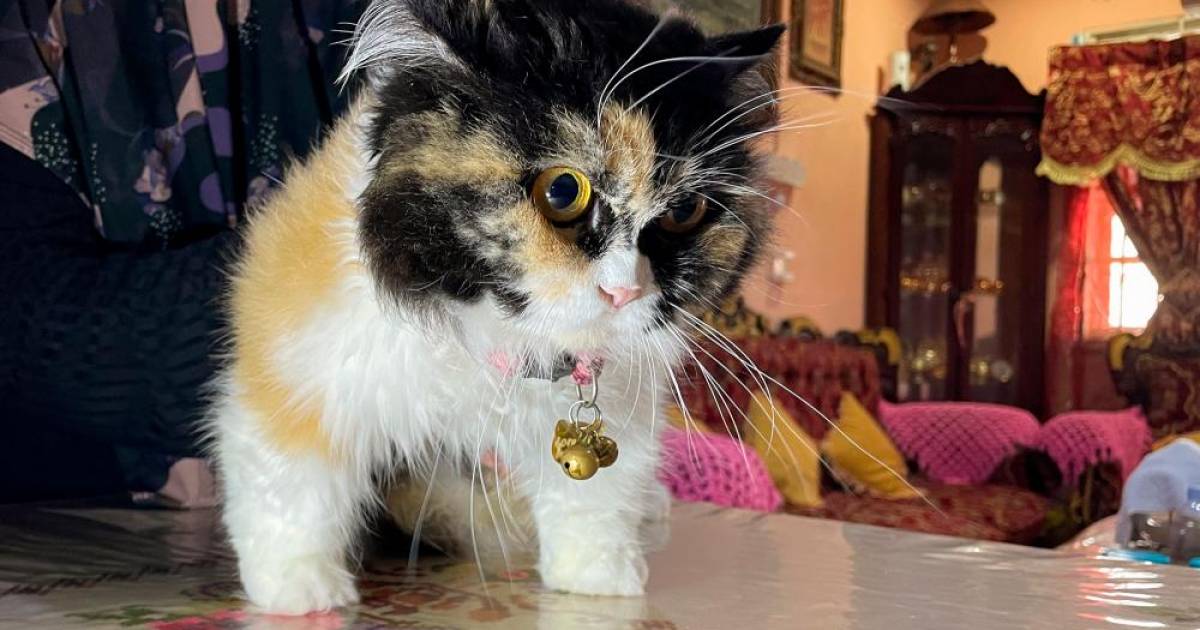'Be responsible when cross-breeding animals'

Source: thesun.my
PETALING JAYA: Experts are calling for responsible animal breeding practices instead of focusing on creating new breeds for their adorable appearances.
Veterinarian Dr Devan Sivanasan said historically, responsible breeding was carried out by individuals who understood genetics and were committed to producing healthy and well-adapted animals.
"Cross-breeding plays a crucial role in the development of new breeds and aims to bring out desirable genetic traits while minimising the risks of inherited health issues.
"However, it is essential to ensure breeding practices are done responsibly with the welfare of the animals topmost," he said.
Devan was commenting on a TikTok video depicting cats cross-bred from Munchkin and Bengal breeds that has sparked a backlash from animal lovers who are concerned about the welfare of the felines involved.
He said responsible breeding practices involve more than just pairing male and female animals randomly as it requires a commitment to preserve the integrity of the breed.
"Most breeders just think of mating a male and female cat, and that's it. That's not breeding but random procreation."
Devan said every breed has its own set of health issues. For example, Persian cats have nose and eye problems, Scottish folds have ear trouble while Main Coons have heart and bone complications.
"Just like any other breed, Munchkin cats are prone to their own set of health issues. While their short legs are a defining characteristic, they can also cause certain bone and joint problems.
"The issue lies not with the breed itself, but rather with the methods employed in breeding, the desired result and the willingness to learn from those with expertise in the field," he said.
Paws Animal Welfare Society public relations officer Jonathan Yeoh said it is against unethical breeding practices, especially with the significant population of homeless animals in need of shelter.
"Certain animals are selectively bred over many years for specific purposes, such as for search and rescue capabilities.
"However, it is highly unethical to breed animals solely for cuteness and profit, disregarding the well-being of the animals involved."
Yeoh said some individuals may lack awareness of the potential deformities and health issues associated with certain cat breeds.
"Additionally, some breeders may be motivated to provide people with adorable pets, while others may be too naive or disinterested to research information about the subject."
Yeoh said establishing a purebred lineage requires carefully selecting highly compatible mating partners which could be a challenging and time-consuming process.
He said this meticulous approach can often cost up to RM10,000.
"Unfortunately, some backyard breeders may resort to unethical practices, such as inbreeding between siblings, to lower costs and sell animals at a cheaper price. Such shortcuts can lead to detrimental consequences."
Yeoh said government authorities should play a crucial role in addressing the issue by highlighting the potential health risks associated with certain breeds.
He said banning or regulating the breeding of Munchkin cats could send a strong message about the importance of ethical breeding practices and animal welfare.
"The Netherlands and Australia are among countries that have banned the breeding of Munchkin cats due to health issues associated with it.
"Such action may spark curiosity and encourage people to seek out more information about the reasons for the ban, leading to greater awareness and understanding of the issues," he said.
Yeoh encouraged the public to adopt animals from shelters rather than buying them from breeders to help reduce the demand for specific breeds.
"When demand diminishes, the overbreeding and potential exploitation of animals will decrease. It is essential to prioritise the welfare of animals over aesthetic preferences or profit motives."



